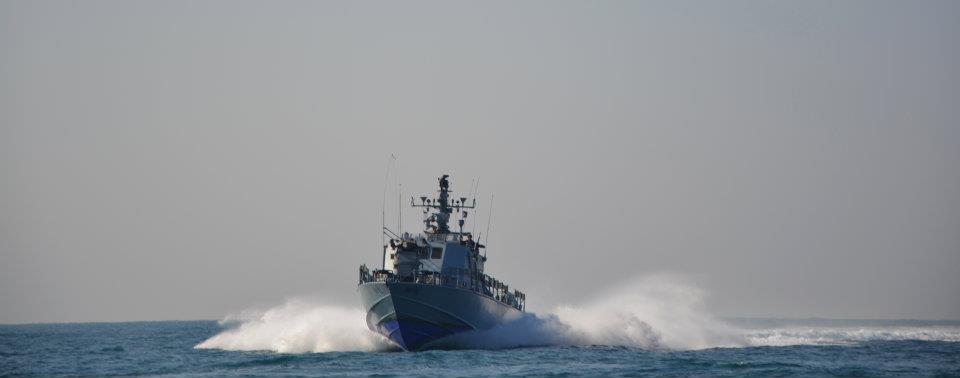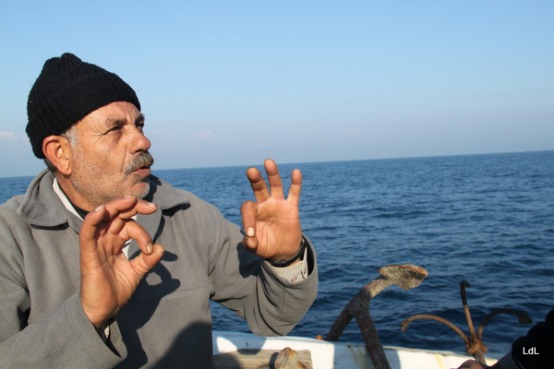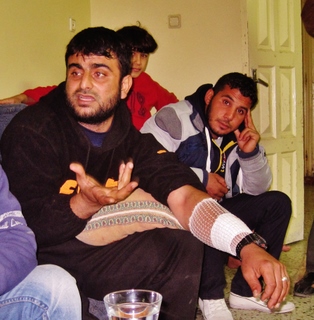Tag: Naval Blockade
-
Israeli navy harasses Palestinian fishermen, international observers off Gaza coast
3 December 2011 | Civil Peace Service Gaza On Saturday, 3 December 2011, the Israeli navy harassed Palestinian fishermen and international observers three miles off the coast of Gaza. Between 10:00 and 11:00 am, two warships repeatedly charged a group of seven hasakas, one trawler, and the Civil Peace Service Gaza boat Oliva.
-
A day with fugitives in Gaza’s fishing waters
by Lydia de Leeuw 2 December 2011 | A Second Glance It’s 6.30am when Ahmad’s fishing boat leaves the Gaza City fishing port. Together with his three nephews and a friend, he will stay at sea for 48 hours, trying to catch as many fish as possible within the Israeli-imposed 3 nautical-mile limit.[1] Ahmad (Abu…
-
Israeli navy shoots Palestinian fisherman who sued Israel, kidnaps at least nine others in Gazan waters
by Radhika Sainath 30 November 2011 | Notes from Behind the Blockade The Israeli navy violently seized two Palestinian trawlers in Gazan waters yesterday, shooting one fisherman in the arm, and ultimately forcing at least ten men to Ashod, Israel, where they were interrogated for several hours. Israel released all of the fishermen at 2…



